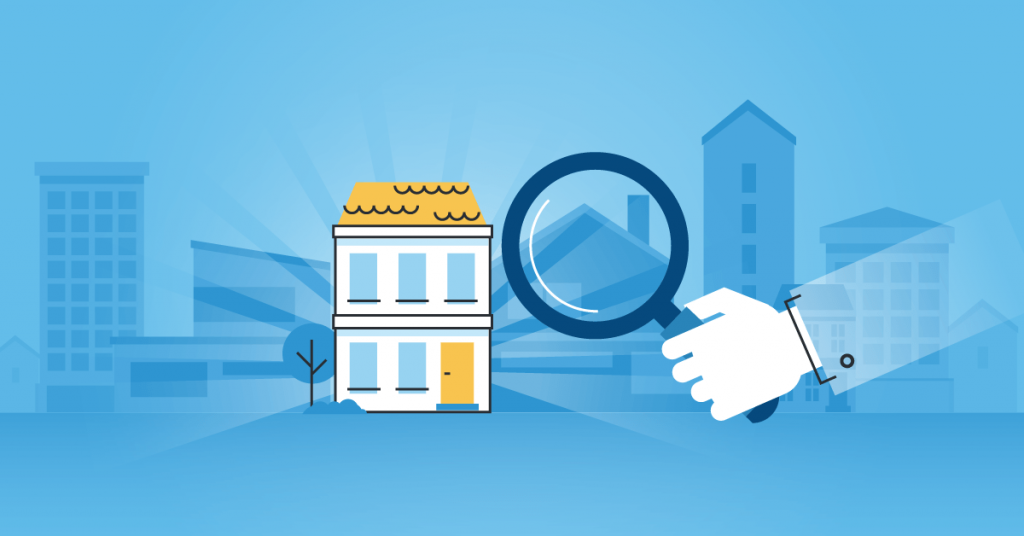Selling a House: Understanding Capital Gains Taxes
Many people are either still stuck in their old life, or they have recently decided to buy a house. In order to do so, many people will sell their current home in order to use the proceeds from that sale as down payment. However, many don’t make the realization that when you sell your old home for a profit, you also incur capital gains taxes as well. This is something that may come as a surprise even to many seasoned investors, which is why it’s useful to review your current situation in regards to capital gains taxes. If you’re looking to sell your house fast, https://www.myhousesellsfast.org/we-buy-houses-Athens-ga/ is the right choice.
Capital gains taxes is how the federal government taxes the profits made from selling assets you own. Therefore, when you sell your house, any profit that you make over what you paid for the home will be taxed. This is different from regular income tax where a portion of your income is normally exempt from being taxed. However, when you sell your house with a profit over what you paid for it, the portion of your profit that is above the cost of the home itself is taxed at a 20% rate. So if you sell your house for $100,000 and paid $80,000 for it (70%), then you will pay capital gains taxes on the remaining $20,000 that exceeds what you paid for the home.

A good example of this is if you owned a stock for 5 years and then sold it for a profit. In this case, the profits made from that sale will be taxed at a 20% rate. However, if the stock dropped 15% in value between the time you bought it and sold it, then your profits would only be taxed at 15%. The cash that you received as payment on the sale of your home will also be subject to capital gains taxes. So although you may be glad to be rid of that old home, capital gains taxes on the profit made from selling it could make your life much more difficult.
When the IRS assesses capital gains taxes, they will subtract your cost basis from the profit made from selling your house. This is a great way for both you and them to account for taxable events. Your cost basis is what you originally paid for the house including any down payment or other loan payments that may have been taken out prior to buying the house.

